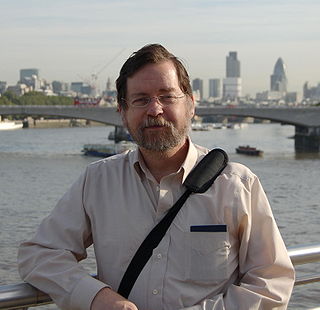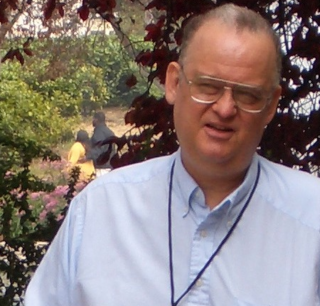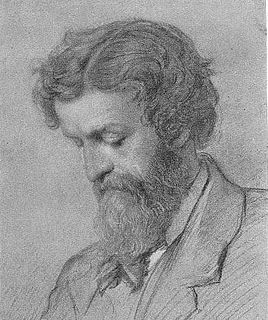A Quote by Bill Gates
Humanity’s greatest advances are not in its discoveries – but in how those discoveries are applied to reduce inequity. Whether through democracy, strong public education, quality health care, or broad economic opportunity – reducing inequity is the highest human achievement.
Related Quotes
Taking a look back, one big reqret is, I left Harvard with no real awareness of the awful inequities in the world. The appalling disparities of health and wealth and opportunity that condemned millions of people to the lives of despair. I learned a lot here at Harvard about new ideas and economics, and politics. I got great exposure to the advances being made in the sciences. But humanities greatest advances are not in its discoveries, but in how those discoveries are applied to reduce inequity.
Certain elements of today's ecological crisis reveal its moral character. First among these is the indiscriminate application of advances in science and technology. Many recent discoveries have brought undeniable benefits to humanity. Indeed, they demonstrate the nobility of the human vocation to participate responsibly in God's creative action in the world. Unfortunately, it is now clear that the application of these discoveries in the fields of industry and agriculture have produced harmful long-term effects.
What good is telling America's children that they will have equal opportunity for education if they don't have the skills that will even get them to the point of benefiting from education, because they didn't have the child care, the health care that would enable them to grow as strong and constructive human beings?
At the heart of the WTO is an assault on everything left standing in the commons, in the public realm. Everything is now for sale. Even those areas of life that we once considered sacred like health and education, food and water and air and seeds and genes and a heritage. It is all now for sale. Economic freedom - not democracy, and not ecological stewardship - is the defining metaphor of the WTO and its central goal is humanity's mastery of the natural world through its total commodification.
If the 1,990-page House Health Care Bill becomes law, the average American will receive worse health care, American physicians will decline in status and income, American medical innovation will dramatically slow down and pharmaceutical discoveries will decline in number and quality. And, of course, the economy of the United States will deteriorate, perhaps permanently.


































